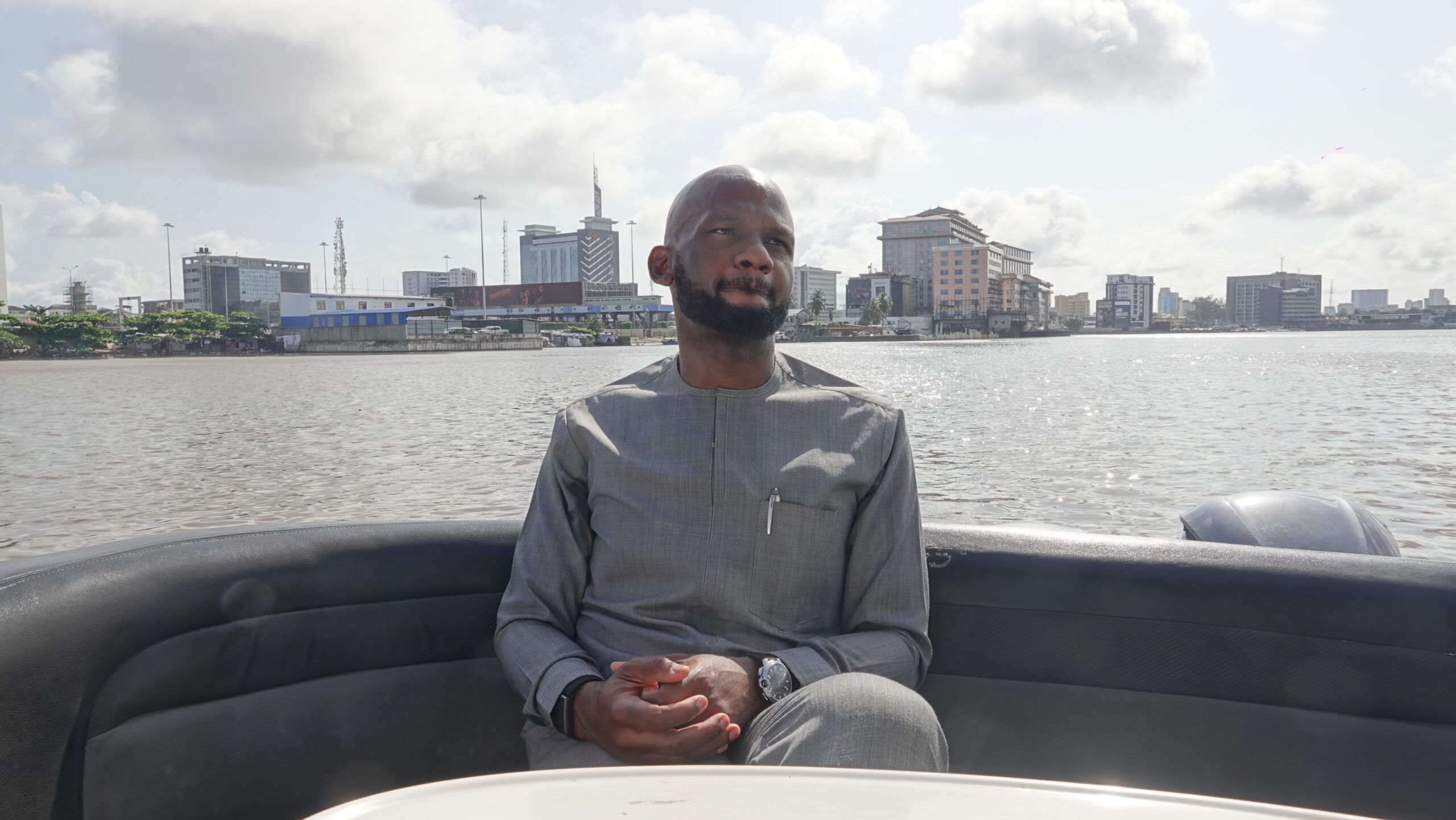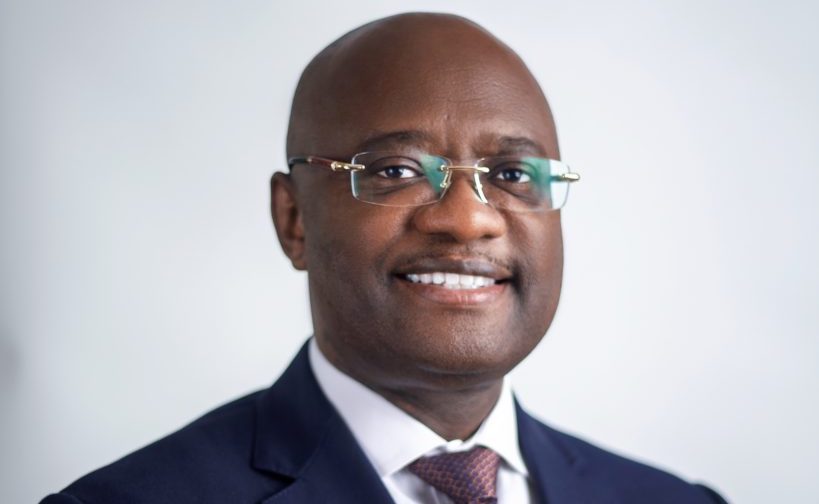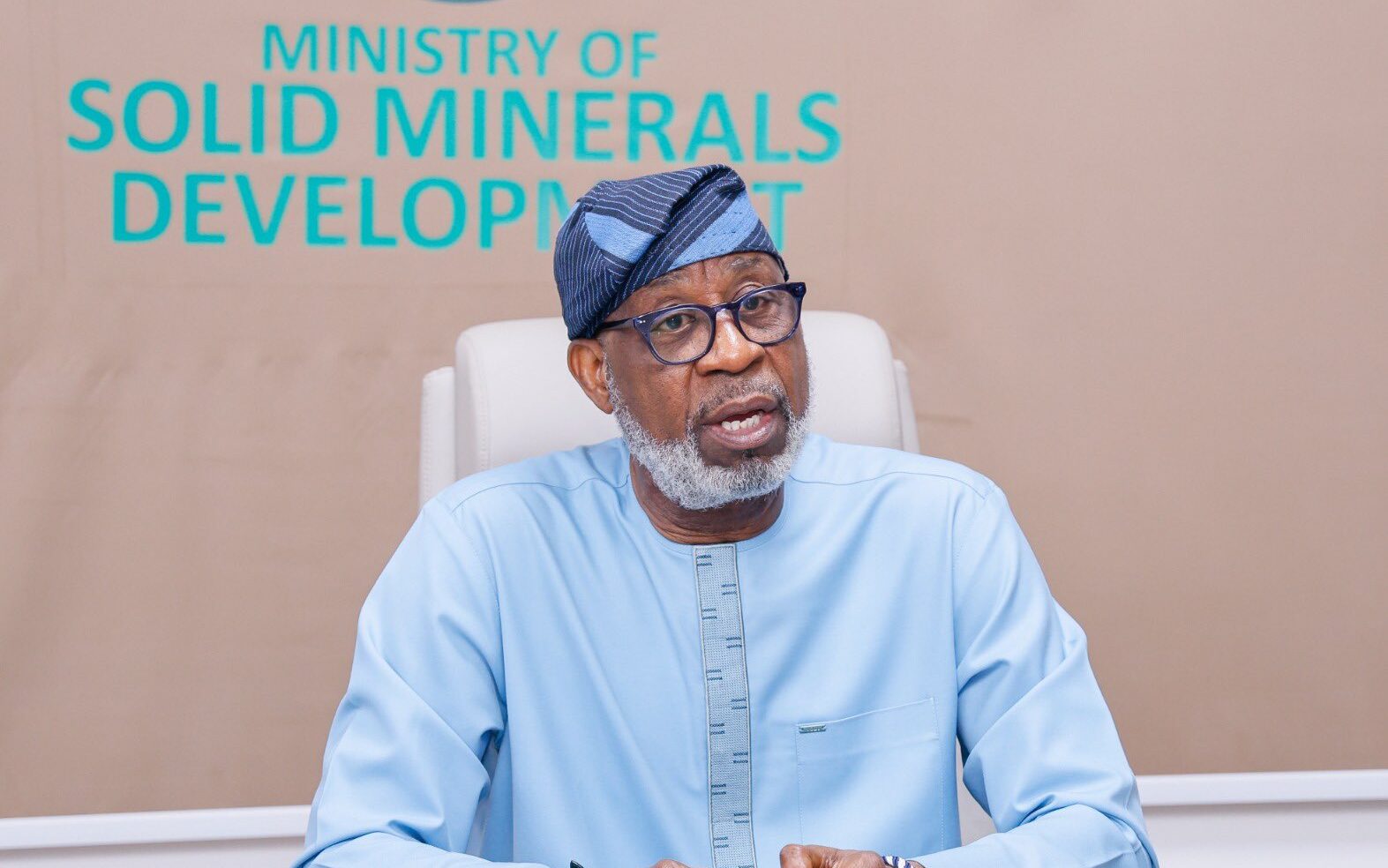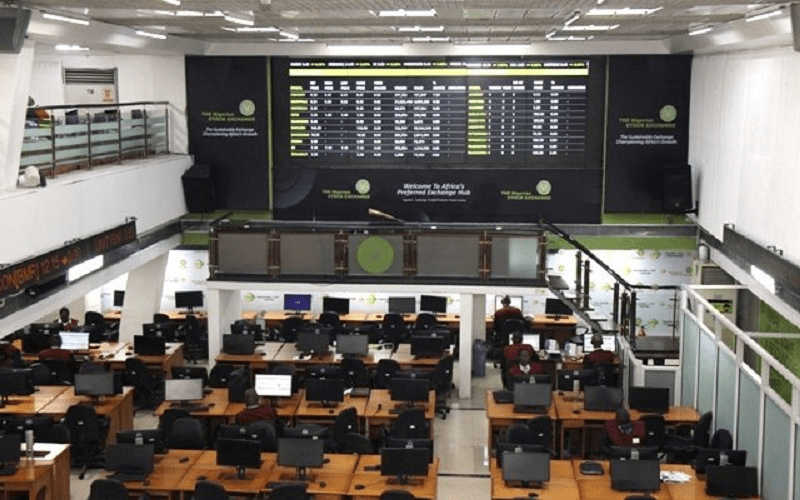The Chief Executive Officer, Ntel, Mr Soji Maurice-Diya, on Monday announced that the once-dormant Nigerian telecommunications brand would officially re-enter the nation’s telecoms market in the first quarter of 2026.
He made this known to newsmen in Lagos at the Technology Times Thought Leadership Series, a platform for decision-makers in Nigeria’s digital transformation space.
Maurice-Diya, who leads NatCom Development & Investment Ltd (trading as Ntel), said the company’s comeback would be driven by a renewed strategy.
He described the new strategy as one that would position it as digital-first, infrastructure-light Mobile Virtual Network Operator (MVNO), focusing on innovation, inclusion and sustainability.
A mobile virtual network operator (MVNO) is a wireless communications services provider that does not own the wireless network infrastructure over which it provides services to its customers.
According to him, the re-entry marks the beginning of a new chapter not just for Ntel, but for Nigeria’s telecoms industry as a whole, embodying a leaner, smarter and innovation-driven approach.
“The company’s focus will not be on chasing millions of subscribers, but on serving a new generation of Nigerians who value innovation, efficiency and authenticity in their digital experience.
“We are not returning to be another operator chasing millions of subscribers. We are coming back to serve a new generation of Nigerians,” he said.
The Ntel CEO described the Nigerian telecommunications industry as a mature and dynamic market now standing at the cusp of a new transformation phase.
He said that the past two decades of liberalisation had built a robust and competitive industry pivotal to the Nigerian economy.
He, however, cautioned that sustaining this progress required a deliberate focus on innovation over mere expansion.
Maurice-Diya also noted that the next wave of growth would not come from connectivity alone but from value-added digital services, intelligent networks and inclusive access models built on top of the existing infrastructure.
According to him, the next wave will not come from connectivity alone, rather it will come from what is built on top of connectivity.
He said that it was time to innovate, not just interconnect.
Maurice-Diya also lauded the Nigeria Communications Commission (NCC) for sustaining investor confidence, but urged regulators to evolve from a control-oriented mindset to one that nurtured innovation and agility.
He said that policy should be about enabling possibilities, arguing that everyone must allow innovation to happen first, and then regulate with hindsight and understanding.
The CEO called for more predictable spectrum management policies, flexible infrastructure-sharing frameworks, and incentives for smaller operators and virtual networks to thrive.
Maurice-Diya said that the company would operate an MVNO model, an “infrastructure-light, innovation-heavy” approach that prioritised digital service delivery and customer experience.
He said Ntel would leverage existing wholesale network agreements and spectrum-sharing arrangements to deliver innovative data, content and enterprise solutions without duplicating infrastructure.
According to him, Ntel has learnt that success in the modern telecoms landscape is not about how much spectrum you own, rather it’s about how intelligently you use it.
The Ntel CEO also commended the NCC’s openness to MVNO licensing, describing it as a visionary step that would democratise access and drive competition.
He concluded that Ntel’s long-term goal was to become a symbol of renewal in Nigeria’s telecoms journey, focused on enabling inclusion, innovation and opportunity, rather than being measured by subscriber numbers alone. (NAN)





